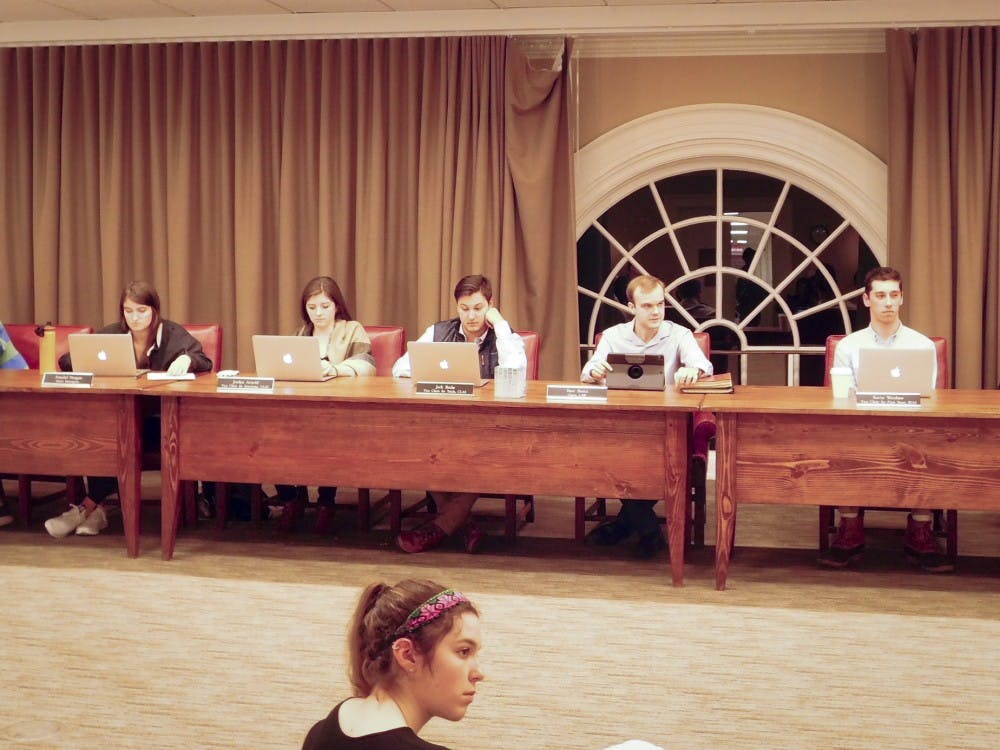The University Judiciary Committee held its first general body meeting of the semester Sunday night. Members discussed the upcoming University-wide election of UJC representatives as well as their internal election of executive committee members, a new UJC historical website, updates to the case management system and proposed by-law changes.
Peter Bautz, a Law student and UJC chair, welcomed the Committee and said that candidates will soon begin campaigning for the next month’s election. He emphasized raising voter turnout and engaging the student electorate.
“As a Committee that relies on representatives who are elected in these elections, we will be doing pretty big ‘Get Out The Vote’ campaigns just to make sure people are voting,” Bautz said. “We want to make sure these elections are competitive and more people are voting for their reps.”
For the election, students will vote for 25 representatives from the University’s 12 undergraduate and graduate schools to serve one-year terms effective April 1. These representatives will act as judges in UJC trials and manage committee policy.
Results of the general election for representatives will be released Feb. 23. Those selected as representatives will have to undergo training before transitioning into their new positions. In March, the new representatives will elect from within themselves a chairperson, a vice-chairperson for first-years, a vice-chairperson for trials and a vice-chairperson for sanctions, who will serve as the voting members of the UJC executive committee.
As he comes to the end of his term as chair, Bautz also said that he wants to compile a collection of UJC documents that can be shared with the University community to create an online history of the UJC. He said he expects the project to continue past his time as chair.
“I am starting to put together a project … to create some sort of history site … that can be shared through our different media sources to discuss UJC’s history using primary source documents through some of the collections that we have,” Bautz said.
Some of the documents that could be published include the original 1956 constitution of the UJC, internal memoranda from historical cases and past studies on the Committee.
“Hopefully it generates some excitement,” Bautz said.
Bautz also spoke about reforms that were recently made to the online case management system. Representatives and support officers can now submit edits to case descriptions and charges, which they previously were unable to do. The Committee also added the ability to file a case against an organization and upload photo evidence to the case website.
Bautz ended the meeting by mentioning proposed by-law changes that the executive board has considered, such as adding more explicit role descriptions for senior support officers, keeping track of expenses and eliminating current rules on removing members. These proposals were not voted on at the Sunday meeting and will be discussed in the coming weeks.
UJC will be talking about voting campaigns efforts at its next meeting Feb. 11.







